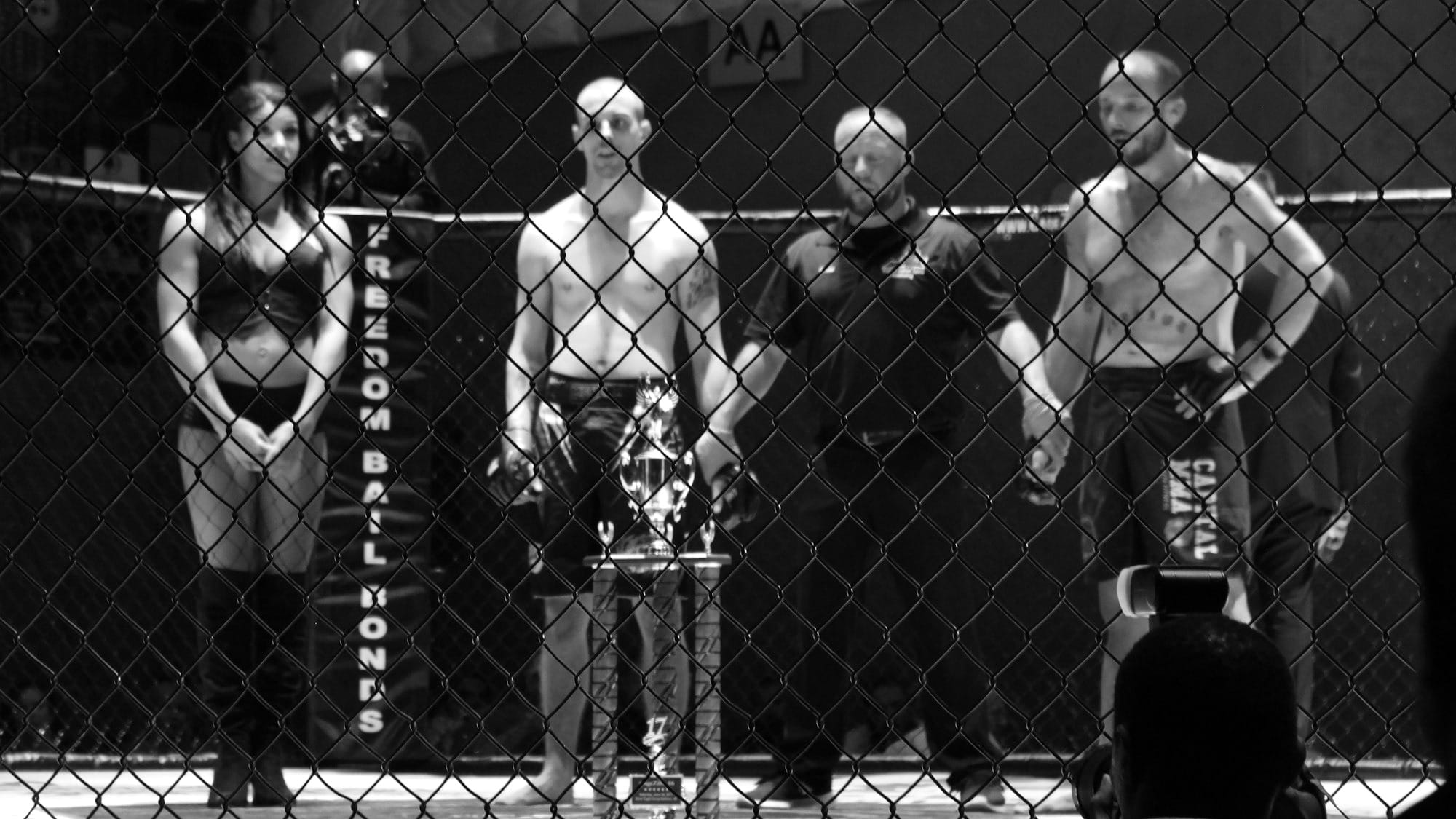Should wildly successful South Africa innovators face regulation?
Are pockets of radical innovation a bad thing for an economy?

The discussion "should we regulate innovation" is pertinent in the current South African environment. It's a conversation that we have become aware of and, as a result, wrote about recently.
So, let's look at this a bit deeper still - and let's now try to answer our question.
First off, we'd like to point you to pages 340-343 of version 1.4 of our book on Outperformance. But, let's look at this from some other angles too.
Strategy & Innovation
Contact usHow much Regulation?
How much (and which types of) regulation (in a capitalist system)? That's the question. To what extent should capitalism be fettered?
Inequality
Economist Thomas Piketty, in his book "Capital in the Twenty-First Century", argues that wealth grows at the rate of return of capital and that this growth rate usually exceeds the economic growth rate. In short, the rich gets richer and the poor gets comparatively poorer. And, not everyone is a Heidemarie Schwermer.
Large wealth disparities (ever since the agricultural revolution around 11 000 years ago) is nothing new, of course. Only the manner in which the rich get richer and the poor get poorer changed over the millennia. Whether under feudalism, manorialism, communism, whatever-ism, or also under capitalism, some animals have always been (a lot) more equal than others.
Unfettered Capitalism?
There are those who are proponents of various levels of unfettered capitalism. Yet such a thing does not exist and neither is it desirable. One of the earliest sets of fettering of capitalism, for example, pertained to introducing laws to curb pervasive child-labour practices. This heinous wrong was highlighted by people such as Karl Marx and Charles Dickens(who had to work in a blacking factory at age 12).
The legislation vs. capitalism battle is a never-ending one, though. Even in the USA there are still hundreds of thousands of child labourers - in agriculture alone.
So, regulation is necessary and most incarnations of capitalism thus have ton-loads of regulation.
Corporate Inequality
Given the need to protect the weak (discussed above), large parts of regulatory frameworks deal with the rights of individuals (natural persons). Similarly, though, governments also have to regulate companies (juridical persons).
Now, one problem with outperformance, if it is achieved by too few competitors in any space, is that it leads to unhealthy concentrations of power and wealth. It can lead to problematic situations such as companies getting to a size where they are too-big-to-fail.
When governments notice these dangers they need to act, and they sometimes do. The Standard Oil and American Tobacco breakups were early examples in the late 1800s. And AT&T/Bell Systems is a more recent (1982) example.
These break-ups are difficult, expensive, often destructive and can take years to play out in courts. It would be better if those types of situations can be addressed before the problem is too big.
Can that be done though? Should that be done? How should that be done? What types of regulations are necessary?
Fair or Unfair?
A fundamental question is whether companies achieve dominance by 'fair' means or 'unfair' means. Unfair means should be sanctioned. Unfair practices are sets of anticompetitive conducts. Exclusionary practices (which we highlighted) is one example of anticompetitive conduct. The question that we asked is whether there could be such a thing as 'too much innovation'.
During the last few years Shoprite 'destroyed' PnP (although, too be fair, PnP self-destructed too) through visible innovations such as their superior loyalty program and sixty minute delivery service. Yet, they also achieved their dominance through invisible and hard-to-label innovations such as deal-making, supplier-negotiation, can-do-attitudes, aggressive investments, and (above all) a better strategy backed up by a vastly improved marketing effort.
The word antitrust refers to 'anticompetitive' practices.
Innovation is a 'competitive' practice.
Exclusionary practices refer to 'anticompetitive' conduct.
Innovation is a competitive conduct.
We are Not Alone
Let's now assume that Shoprite does 'kill' PnP and that it then, next, manages to do the same to Woolworths and Spar. Surely that needs to be stopped?
Well, only last year, the Competition Commission said the following about eCommerce in SA: "Takealot ... has a dominant share of ... online sales in South Africa".
Eh, nope. While this investigation was being done, Sixty60 powered ahead to the point where their revenue figures are comparable with that of Takealot. But, more importantly, South Africa is not North Sentinel Island. We are part of the global economy. Amazon, for example, has recently stepped into this country. And Temu. And SHEIN. And ...
We are not alone.
There's always a bigger gorilla
The two big South African gorillas mentioned above have (or have had) to fight even bigger international gorillas.
Whitey Basson had to outsmart Wallmart. Had he not been successful, the massive Shoprite that we referred to above would have looked very different now.
When Amazon finally puts pedal to the metal here, Takealot will have bigger issues too.
Local innovation will always be needed to have a chance against the even-bigger gorillas. Long may local innovation live.
Our (i.e. cherryflava's) purpose is to help enable more companies to outperform. When that happens, the outperformance of the gorillas will just be the cherries on top - rather than being the whole cake - and the whole of this country will be better off.

